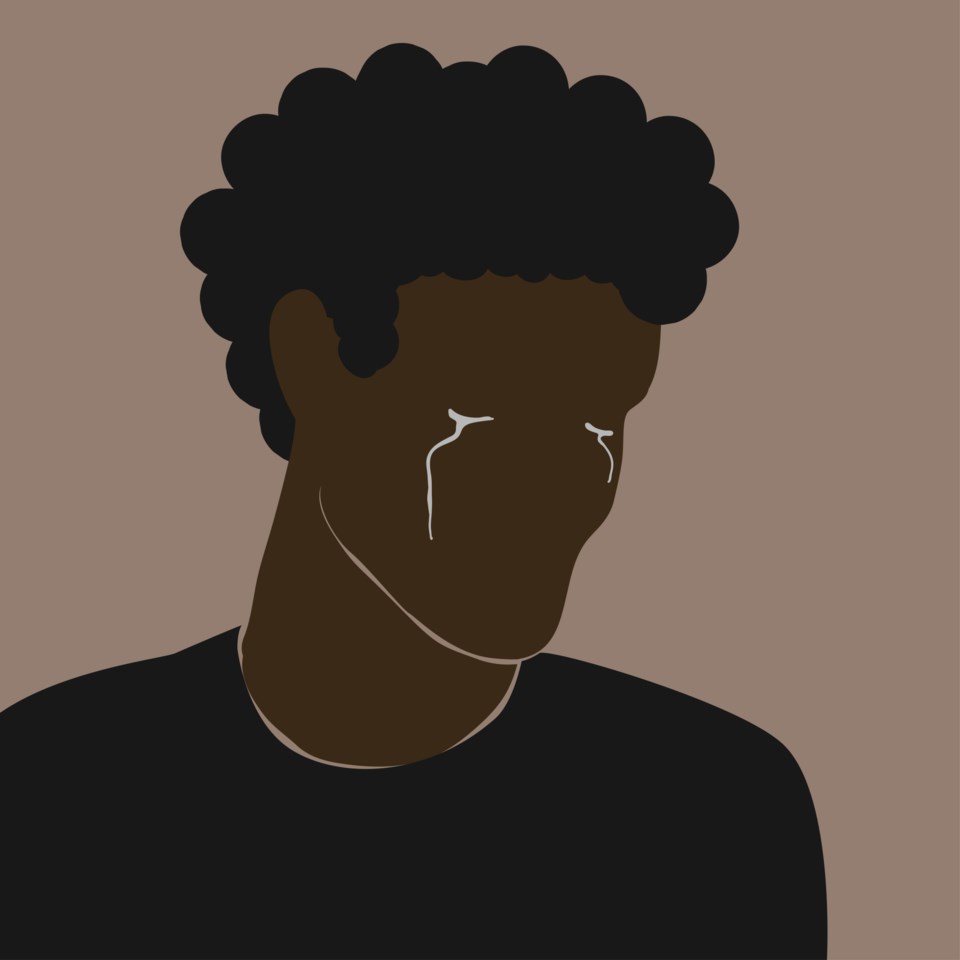Clive Clarke is sympathetic to Asian Canadians who have experienced racism in Richmond.
He stands with the “Stop Anti-Asian Hate” protesters who were outside Richmond Provincial Court last month drawing attention to the case inside involving racial slurs and coffee thrown at an Asian server in a Steveston coffee shop.
However, Clarke’s feelings are mixed.
Although Clarke calls himself a proud Canadian with Jamaican roots, he said he’s experienced more racism in Richmond than anywhere else he’s lived -- including five years in the U.S.
And most of that racism has come at the hands of people from the local Asian community.
So, when he saw the Richmond News report about the anti-Asian hate advocacy group, he reached out.
Micro aggressions are most common, he explained to the Richmond News, “the look, the attitude and the body language.
"I could walk through the mall, and if you walked a few yards behind me, you could see the difference between if I walked by a Caucasian person or go stand beside a Chinese person."
To decry anti-Asian hate then turn around and treat people of other ethnicities with disdain or distrust, is “quite hypocritical,” he added.
Anti-Black racism in China
Clarke said it’s important to look at the cultural context for certain attitudes, pointing to the anti-Black racism in China that has garnered international attention lately.
At the start of the pandemic in April 2020, McDonald’s restaurant was forced to publically apologize after it became known that one of their outlets in the Chinese city of Guangzhou, posted a sign banning Black people from entering for fear they would spread COVID-19.
Meanwhile, there were reports of hundreds of people of African descent being forced to quarantine for 14 days, evicted from their homes, and denied services at restaurants and hotels in Guangzhou, despite not having travelled, having any COVID-19 symptoms, or having been around someone with COVID-19.
City councillor blames ignorance
Richmond city councillor Chak Au agreed that racism exists within the Chinese community. However, he said he believed it was often not intentional.
“It’s mostly coming from ignorance or lack of understanding,” said Au. “Some people aren’t sensitive enough or they just don’t have the social radar. The best way to solve racism is to put ourselves in others’ shoes while interacting with each other and be more understanding.”
Jimmy Yan, a research assistant at SFU who has written on the subject of racism within the Asian community, said he was saddened but not surprised by Clarke's story.
Yan published an article in 2015 that discussed what he called “white preference” in Asian countries, including China and Japan.
"Being a victim does not necessarily make you immune to being a perpetrator," Jimmy Yan
"I totally understand this gentleman's frustrations,” said Yan. “However, sometimes it's not about being Black; it's about the whiteness. White preference has a long history in Asia, stemming back to ancient China and Japan.”
A lighter skin tone was seen as noble and aristocratic because only the socially and economically privileged could sustain a life of relative seclusion and not be subjected to the harsher environmental elements, Yan explained.
Therefore, many immigrants from China and other Asian countries often associate the lighter skin colour with privilege and being at the top of the social hierarchy, meaning you have the money, power and respect, which many are longing for, Yan added.
Yan also pointed out that in the Chinese language and culture, racial terms or even slurs based on skin colour are repeatedly and persistently used as a reference to people's ethnicity. Such terms can "increase the salience of unsubstantiated racial judgements and reinforce existing prejudice towards other ethnic communities,” said Yan, who also works for Access Pro Bono, which provides legal services for those who can’t otherwise afford it.
However, regardless of history or cultural context, Yan said it’s important to recognize that, "Being a victim does not necessarily make you immune to being a perpetrator.”
Yan also stressed that shying away from the issue won’t solve it.
“We need to admit mistakes and take risks to defeat it; these are hopeful signs for the future.”



